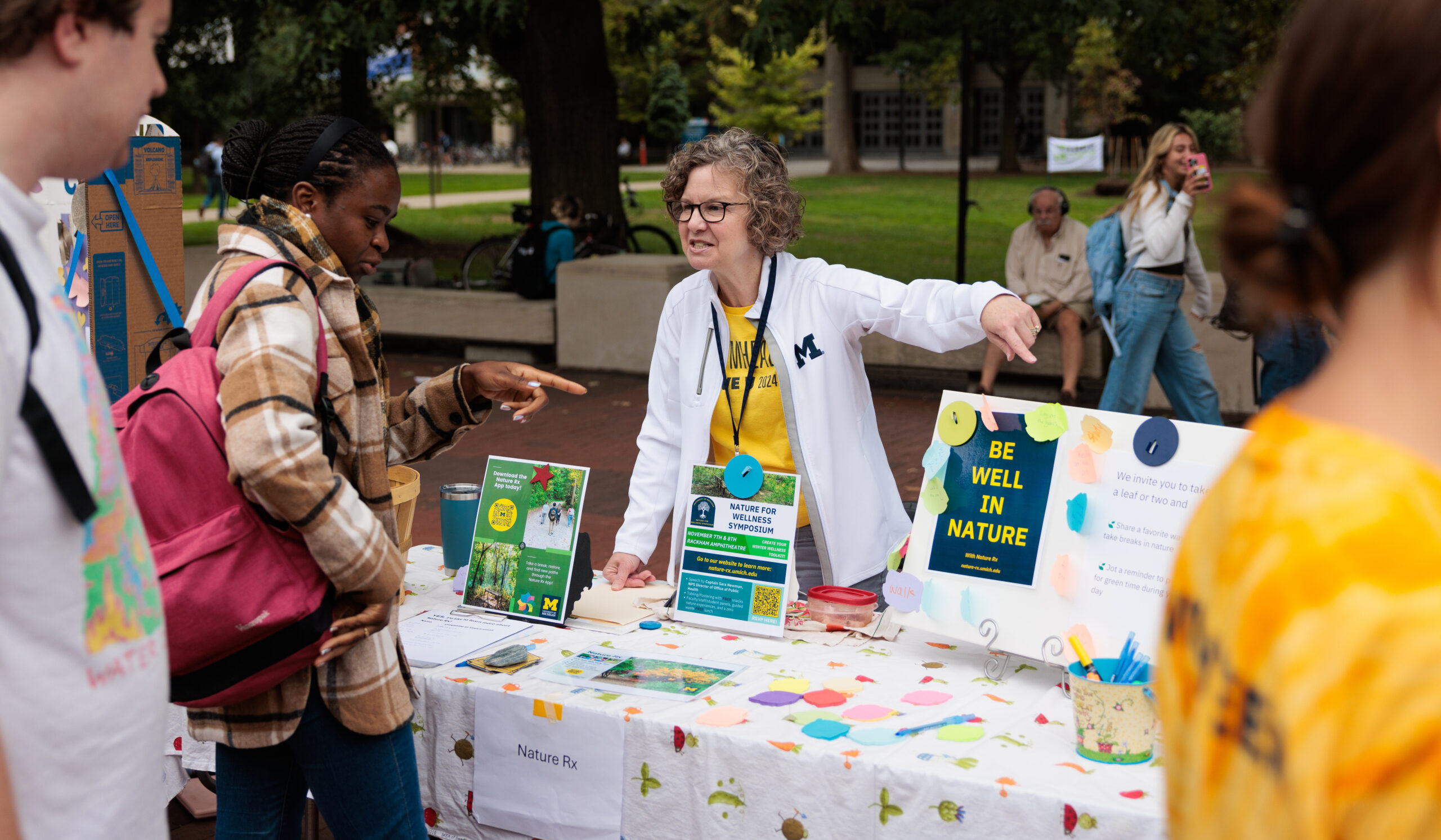
When Jean Twenge, PhD’98, interviewed a teen that she calls Kevin for her book on trends in youth behavior, she recalls him saying how he doesn’t go out to parties as his parents once did at his age. “He said to me ‘Why go out when we have everything at home, from chatting online to streaming Netflix?’”
This story didn’t surprise the psychology professor at San Diego State University; she’s been neck-deep in research on youth trends and their relationship with technology, which culminated recently in her book “iGen: Why Today’s Super-Connected Kids Are Growing Up Less Rebellious, More Tolerant, Less Happy—and Completely Unprepared for Adulthood—and What That Means for the Rest of Us.” What her book posits, and what her subsequent research also illustrates, is that today’s teens who spend hours of time in front of screens, either with their smartphones or computers, are often less happy than teens who spend little screen time.
The iGen cohort, which Twenge describes as those born between 1995 and 2012, find their happiness dwindling when they spend more than two hours a day online, she says.
“It’s important to look at the bigger picture of this research,” she urges. “It’s not just about the effect of screen time on kids but also what that screen time takes them away from: socializing in person and activities beneficial for mental health, like exercise and sports.”
As Twenge writes in “Have Smartphones Destroyed a Generation?” (her heavily shared September 2017 article in The Atlantic): “It’s not an exaggeration to describe iGen as being on the brink of the worst mental-health crisis in decades. Much of this deterioration can be traced to their phones.”
Teen depression rates are indeed on the rise. From 2005 to 2015, depression rose significantly among Americans 12 and older, with the most rapid increases seen in young people, according to an October 2017 Columbia University study. Twenge can nail down a year when she learned happiness was plummeting among teens. In 2012, she says, the percentage of Americans who owned a smartphone rose above 50 percent.
To practice what she preaches, Twenge’s own children, the oldest being 11, don’t have smartphones yet and she plans on adding apps on her children’s smartphones to monitor the time they spend online.
She notes, though, that if teens don’t spend any time online whatsoever, they may feel unhappier than those who spend a little time online. “A bit of Net time can be beneficial.”
Twenge’s research may cause some hand-wringing among parents, but her work isn’t wholly new to those who track studies in this area. The need to be always available and respond 24/7 on social media accounts can cause depression and anxiety and hurt sleep quality for teenagers, according to Heather Cleland Woods and Holly Scott of the University of Glasgow. “While overall social media use impacts on sleep quality,” Woods notes in a press release, “those who log on at night appear to be particularly affected.”
Twenge doesn’t just discuss digital trends among youth in iGen and her research. She also highlights how today’s teens are slower to grow up. She says by their senior year, teens are less likely to have a paid job, drink alcohol, and have sex compared to their parents at the same age.
Such delayed maturation isn’t necessarily good or bad, Twenge stresses. She says it’s critical to be aware of trends among teens who are now experiencing the world not at parties or on typical dates but through their phone camera or Facebook Messenger threads.
Twenge is also the author of “Generation Me: Why Today’s Young Americans Are More Confident, Assertive, Entitled—and More Miserable Than Ever Before,” which studied the millennial generation. When asked about the key differences between the two generations, Twenge says millennials were highly optimistic about their future, with high expectations for what was ahead of them. “But with iGen teens, that optimism drops, those expectations plummet.”
She has also been watching how teens have been outspoken in their views on gun control, in light of the Parkland, Florida, shooting in February.
“This generation feels safer compared to other generations. So when a shooting happens, compared to an era like Columbine, these kids can’t believe it. I find the language they are using interesting. Today’s kids are saying ‘We are children, you are the adults, you should be doing something effective about gun control.’ And that’s the first generation I can recall that felt OK calling themselves ‘children.’”
David Silverberg is a freelance journalist, editor, and spoken word poet. He writes regularly for The Washington Post, BBC News, Vice, Ars Technica, and Buzzfeed. Find him at DavidSilverberg.ca.





